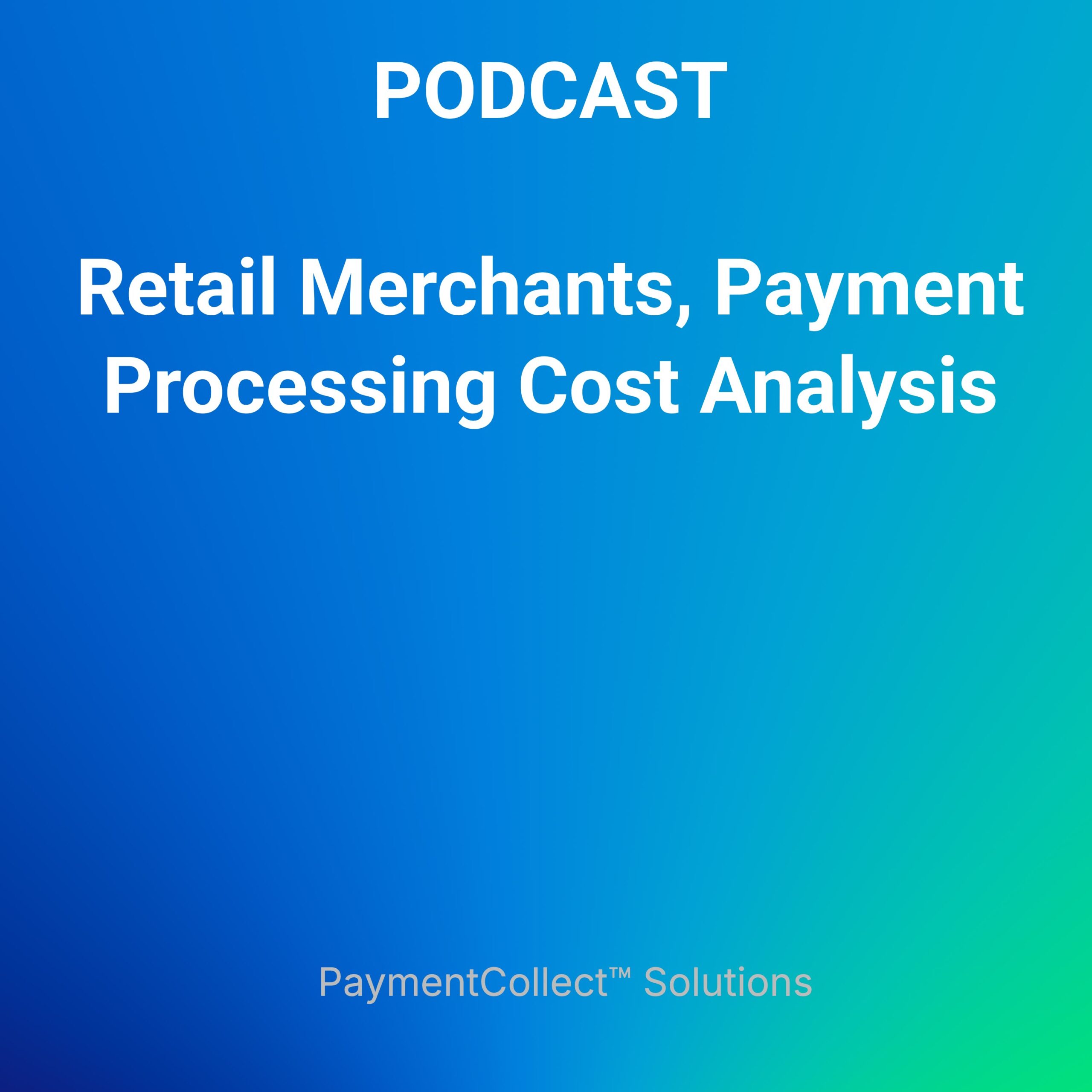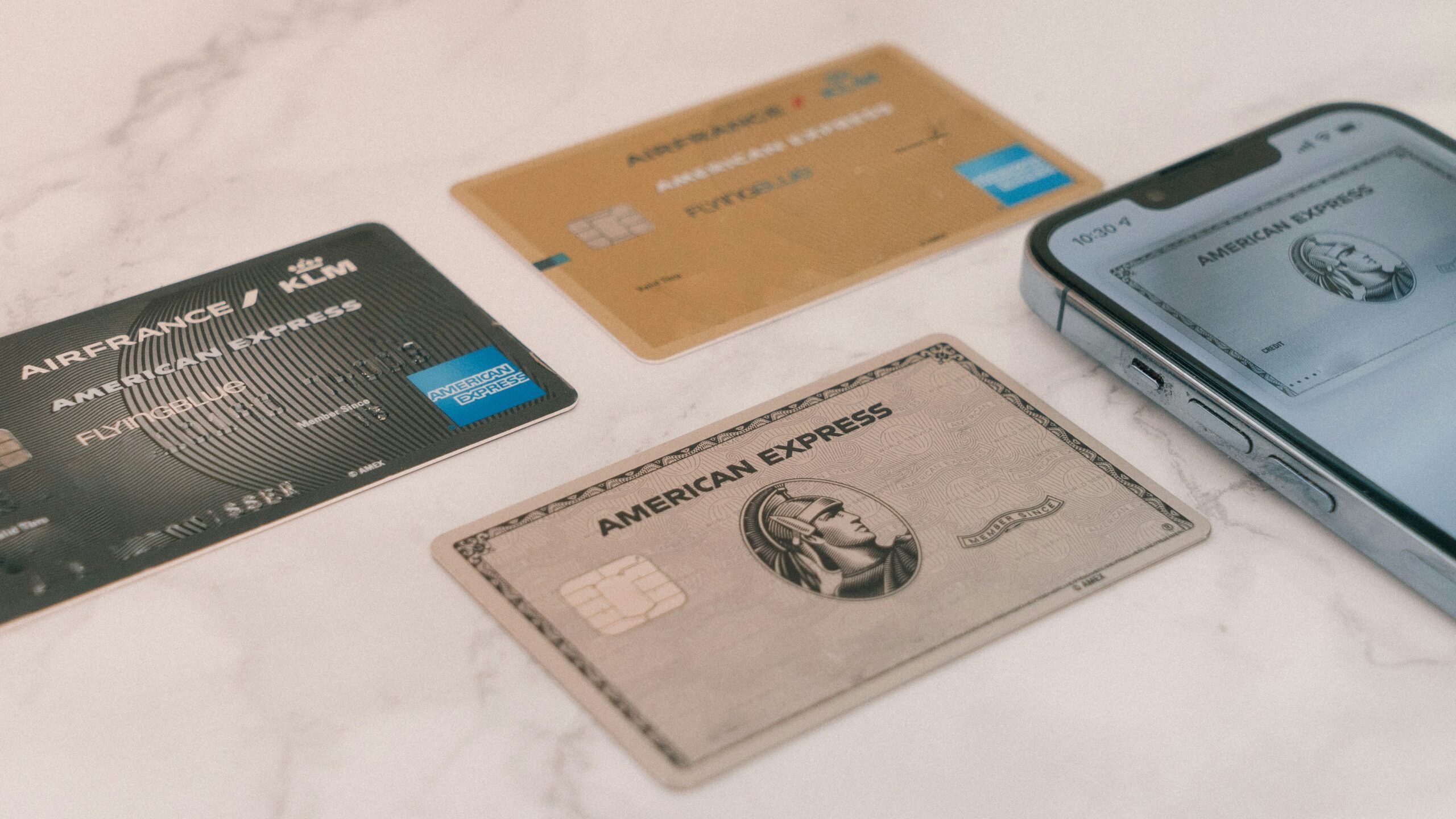Merchant Processing Pricing

How much can I expect to pay in Payment Processing?
While estimates are not an exact science, as the cost per transaction depends on multiple factors (read below), we expect that for a regular business, you would be in the range of 2.1% to 2.4%.
| Category | Amount | Examples |
| Interchange+ Fees | $1.90 to $3.10 (for each $100 processed) + a few cents per transaction | It is set by credit card networks (like Visa or Mastercard) and card-issuing banks. The amount depends on the type of payment cards, business type and entry method. The plus fee of the interchange is a small additional fee for managing the transaction (markup fee) and it is charged by the payment processor |
| Software Fees (POS or Plugin) | $20 to $40 per month, depending on the subscription | PaymentCollect fees for the use of its software and support |
| Independent Organization Fees
(assessed by the external organization and applied to all businesses) |
$20 /mo. approximately | Non PCI compliance, statement fees, returned check fee, and many others (please see description below) |
Software Costs
QuickBooks™ Online Plugin Pricing
Standard
- (up to 2 registers)
- Payment Terminal Not Included
Merchant costs for Payment Processing
There are many costs associated with payment processing:
- Interchange Fees
- Equipment Fees
- Software Fees
- Support Fees
- ISO Fees (Independent Sales Organization)
- Gateway Fees
Interchange Fees
At a minimum, every business is subject to Interchange Fees. These fees are transaction fees paid on every transaction, between banks for the acceptance of card-based transactions. Usually for sales/services transactions it is a fee that a merchant’s bank (the “acquiring bank”) pays a customer’s bank (the “issuing bank“). The fees are paid to the card-issuing bank to cover merchant fees, handling costs, fraud and bad debt costs and the risk involved in approving the payment.
These fees are set by the credit card networks (Visa, Master Card, Discover, JCB, Amex), they are revised every 6 months, and are the largest component of the various fees that most merchants pay for the privilege of accepting credit cards. Interchange fees have a complex pricing structure, which is based for each transaction, on the card brand, regions or jurisdictions, the type of credit or debit card, the type and size of the accepting merchant, and the type of transaction (e.g. online, in-store, phone order, whether the card is present for the transaction, etc.). Interchange fees are typically a flat fee plus a percentage of the total purchase price (including taxes).
Merchant Fee
This payment, which is passed to the merchant, can fund various rewards (cash back, air miles, points) and discount, some of which began in the early 1980s, at which time the matter of whether cash and credit prices were to be forced by law to give an advantage to those paying cash.
Independent Sales Organization Fee
An Independent Sales Organization is affiliated with an issuing bank. Its role is to sell merchant acquiring services on behalf of the bank. In addition to providing merchant accounts, they provide merchants with additional products, such as processing hardware, Point of Sales systems, account support, reports, etc. They also assume the risk on the merchants accounts. For example, in the case of fraud, or, if a customers made a payment for a product to be delivered in the future and the merchant goes out of business. For their role and risk, they make a small sum that is in addition of the Interchange Cost and for additional services, such as PCI compliance, reporting, next day funding, early termination fees and other.
Gateway Fee
Certain type of transactions, such as eCommerce, originating from your website, require a gateway, such as Authorize.net. This gateway is utilized by most shopping carts to route the originating transaction to your payment processor.
QuickBooks™ Pricing
QuickBooks™ has been processing payments since 1993. To simplify the complexities of explaining Interchange to customers, Intuit™ implemented the flat rate pricing, in essence, a way to allocate the transactions into a 3 bucket system, based on the transaction Interchange cost. This model proved inefficient over time due to raising interchange cost and the introduction of the rewards cards, leading to Intuit losing money in some instances.
Ultimately, Intuit™ favored the now in-use most adopted pricing model, Interchange Plus, due to its transparency and lowest cost to the merchants.
What is Interchange Plus pricing?
Interchange + pricing separates processing fees into two components: the interchange fee and a processor markup.
- Interchange Fee: This base cost is set by credit card networks (like Visa or Mastercard) and card-issuing banks. These fees vary depending on the type of card (debit, credit, rewards) and the transaction method (inserted, keyed, online, etc).
- Processor Markup (the “+” part): This is the fee charged by your payment processor for managing the transaction. It typically includes a small percentage and a per-transaction authorization fee.
By keeping these costs separate, Interchange + pricing provides a more transparent view of what you’re paying for each transaction, breaking down fees for easy tracking.
Interchange+ Pricing vs. Flat-rate Pricing
Understanding the difference between Interchange+ and flat-rate pricing models is key to making the right choice for your business.
- Flat-Rate Pricing: With flat-rate pricing, you pay a single percentage fee on each transaction, regardless of the card type or transaction method. This fee is consistent and easy to understand but is typically higher to cover the processor’s margin. While simple, flat rates often result in higher fees for businesses with a high volume of debit card or non-rewards transactions.
- Interchange+ Pricing: In contrast, Interchange+ pricing separates the interchange fee and processor markup. This means you pay the actual interchange rate plus a predictable processor fee. For businesses with more standard or debit card transactions, Interchange+ can lead to significant savings compared to a flat-rate model.


